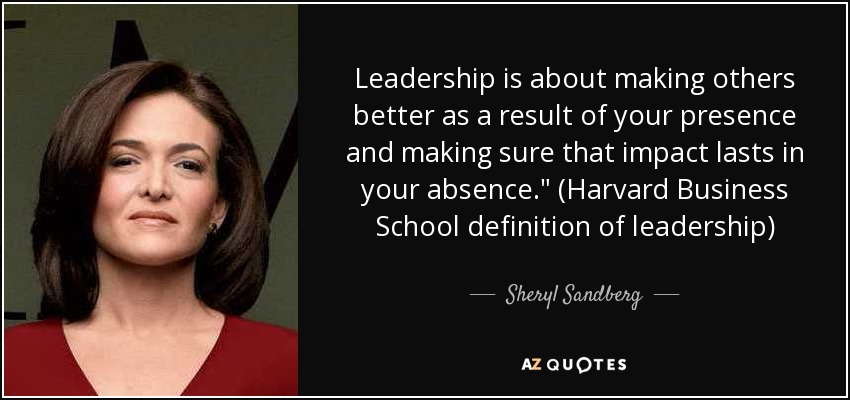On this Maundy Thursday, we start three days of solemn remembrance of the events leading up to and immediately following the crucifixion of Jesus. The English word “Maundy” comes from the Latin mandatum, which means “commandment.” As recorded in John’s gospel, on his last night before his betrayal and arrest, Jesus washed the feet of his disciples and then gave them a new commandment to love one another as he had loved them (John 13:34).
This is a different picture than what we generally see of the modern “macho” man in America. According to research, the five most difficult statements for the modern man to make are: (1) I don’t know; (2) I was wrong; (3) I need help; (4) I’m afraid; and (5) I’m sorry. In other words, real men don’t admit vulnerability. But Jesus provided a different example. So did John the Baptist. One of his best known statements was in reference to Jesus: “He must become greater; I must become less” (John 3:30).
There’s nothing phony about John’s humility—it’s real. He has come to grips with who he is in relation to Jesus. A humble man is not afraid to admit it.
Interestingly, Simon Sinek has found similar traits when researching leaders in industry. Check out my summary of his latest book, Leaders Eat Last.
Click here to continue.


